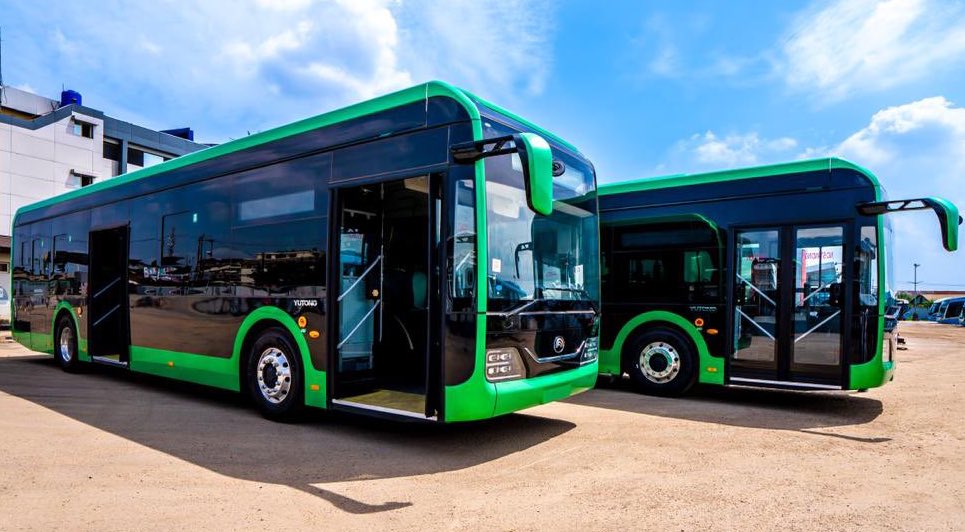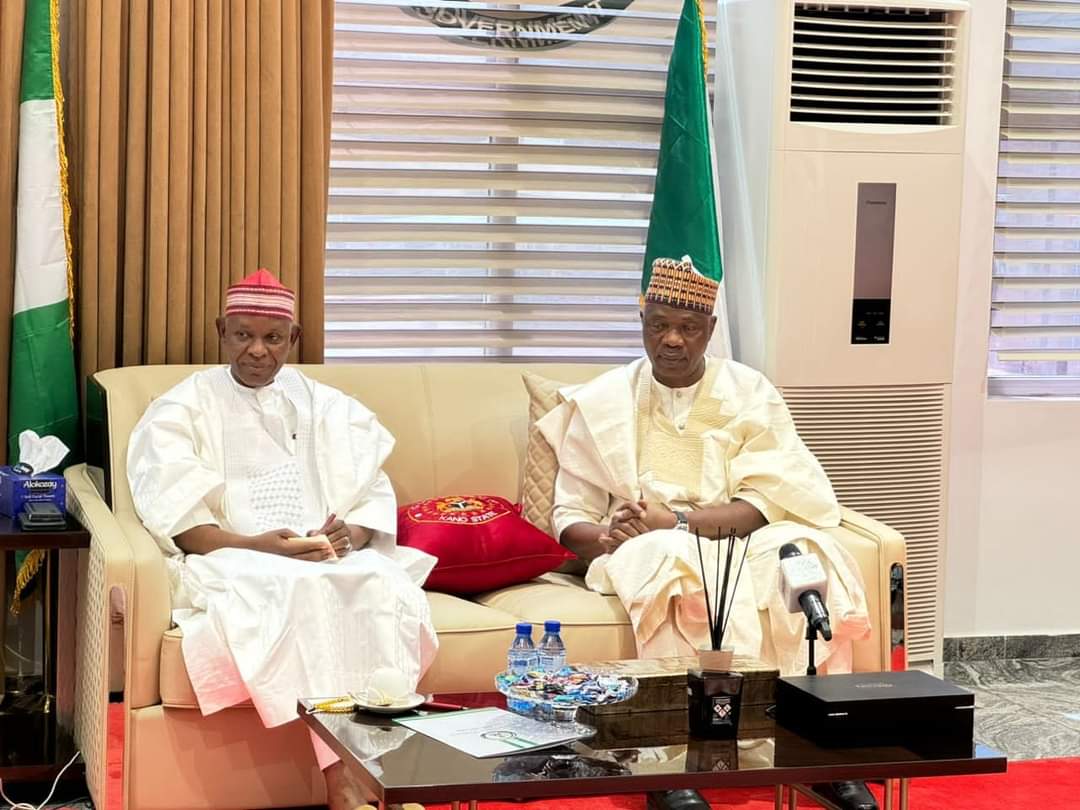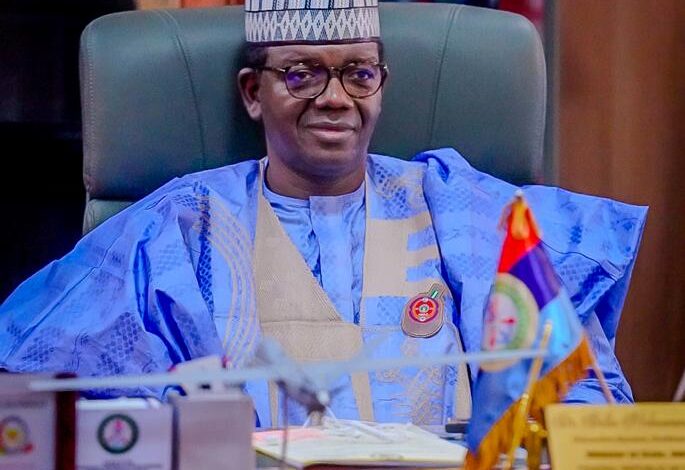European Union to Invest €37 Million in Nigeria’s Electricity Sector
In a significant development for Nigeria’s struggling power sector, the European Union (EU) has announced plans to invest €37 million in various projects aimed at addressing key challenges in the country’s electricity infrastructure. This investment marks a renewed commitment by the EU to support Nigeria’s efforts to improve access to reliable and sustainable electricity.
The disclosure was made by the EU Ambassador to Nigeria, Samuela Isopi, during a visit to the Minister of Power, Adebayo Adelabu. The proposed investment is distinct from previous grants totaling approximately €200 million that the EU has provided to the Nigerian power sector since 2008.
The €37 million investment will target a range of initiatives, including small hydropower and solar projects for healthcare facilities, rural electrification through isolated and interconnected mini-grid projects, and projects focused on promoting the circular economy in the power sector.
Ambassador Isopi emphasized that these projects are slated to commence this year, signaling a timely intervention in Nigeria’s ongoing efforts to address its electricity challenges. The EU delegation accompanying Isopi, including Mr. Luca Massimo, Head of Cooperation of the EU, and Mr. Godfrey Ogbemudia, Programme Manager on Energy, underscored the importance of these initiatives in bolstering Nigeria’s power infrastructure.
In response to the EU’s commitment, Minister Adelabu identified liquidity issues as a primary concern in Nigeria’s power sector and pledged to collaborate closely with the EU on its intervention programs. He highlighted the significance of initiatives such as small hydropower and state electrification projects, particularly within the framework of the new Electricity Act.
This investment comes at a critical juncture for Nigeria’s electricity sector, which has faced persistent challenges, including power outages, despite privatization efforts initiated in 2013. The EU’s support is expected to catalyze efforts to enhance the reliability, accessibility, and sustainability of electricity supply across Nigeria, ultimately contributing to the country’s socio-economic development.








